Description
Latin Name: Crataegus Monogyna
Origin Country: Bulgaria
It is very common for hawthorn berries to develop white spots on their outer skin. This is the natural sucrose maturing in their skin. This is not a damaged or defective product.
Hawthorn’s therapeutic actions come from the berries, flowers and leaves. The total complex of plant constituents is considered valuable as a remedy for those with circulatory and cardiac problems.
It is believed to regulate and support these systems and be beneficial to use in the following conditions:
- It could give relief from cramp-like symptoms.
- Mild congestive heart failure. Believed to increase cardiac output and increase the flow of blood through the coronary arteries.
- Arrhythmia (irregular heart beat) – Thought to counteract rhythm disturbances. High blood pressure – Believed to cause vasodilatation of peripheral blood vessels and lower blood pressure.
- Nervous Heart Disorders (palpitations) – Believed to have a sedative effect on the nervous system which may render it useful in heart conditions where the nerves are involved.
- Heart Weakness – as caused by infectious diseases e.g. pneumonia, scarlet fever and diphtheria. Is believed to restore and support heart function.
- Encourage concentration and memory function as it improves circulation of blood and oxygen to the brain





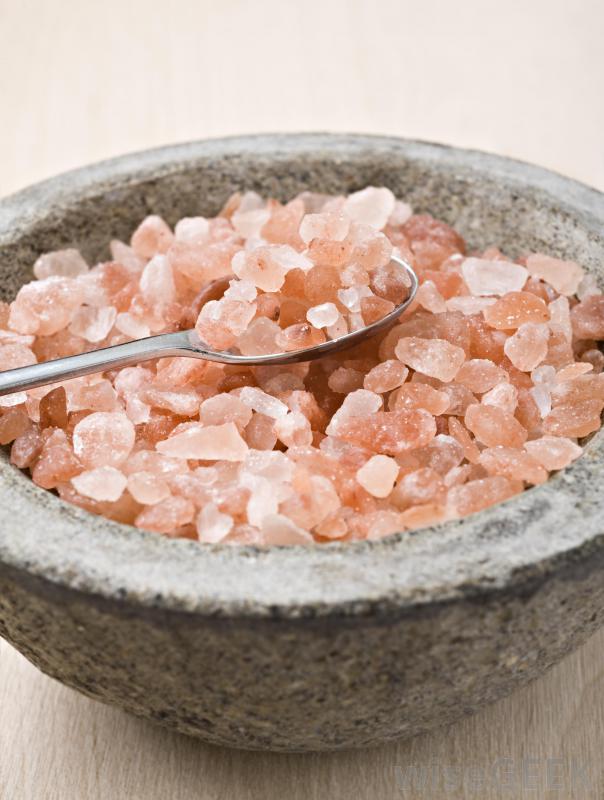


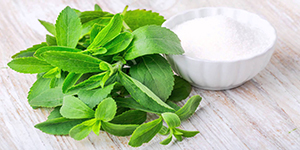

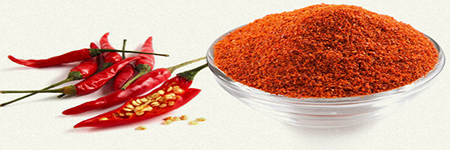









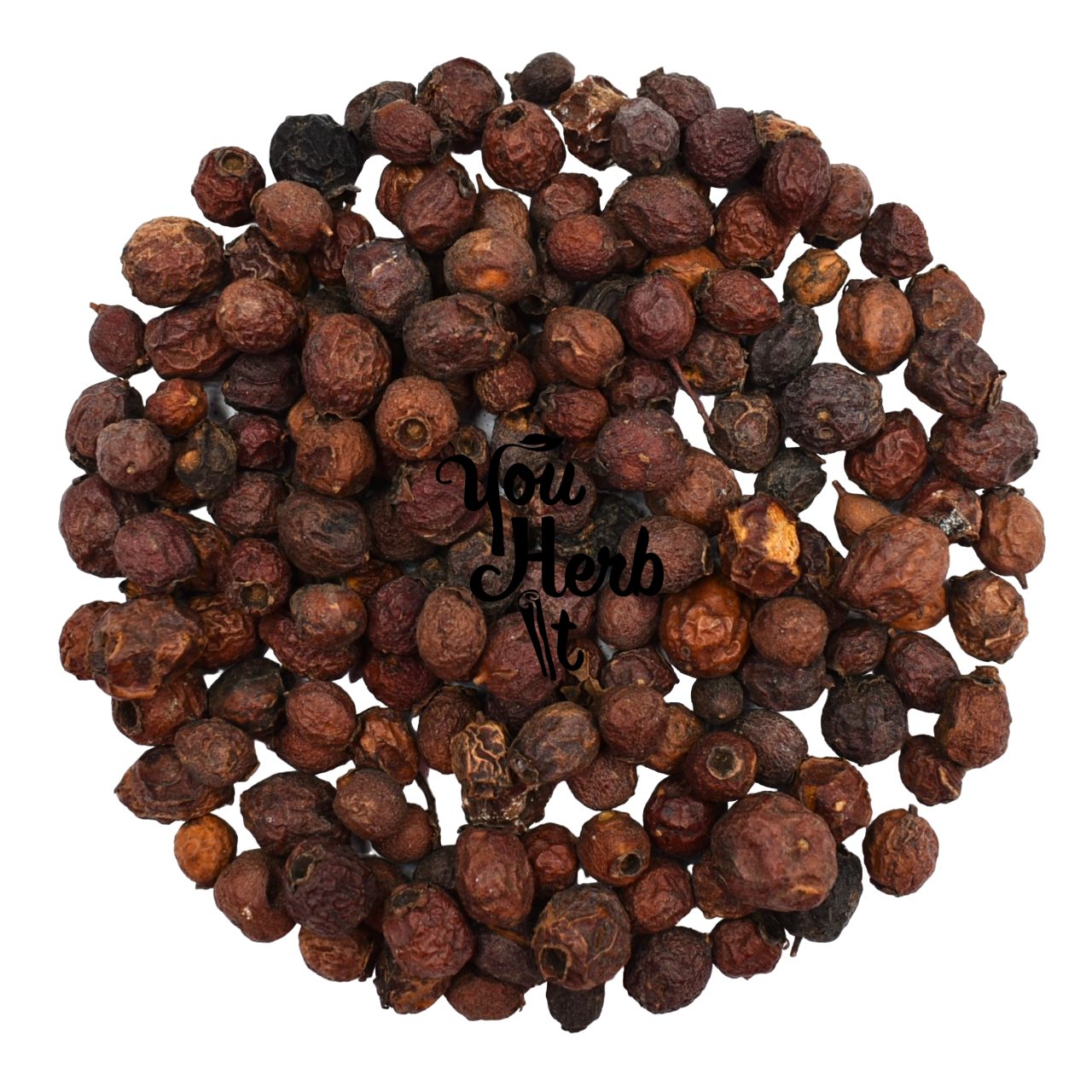
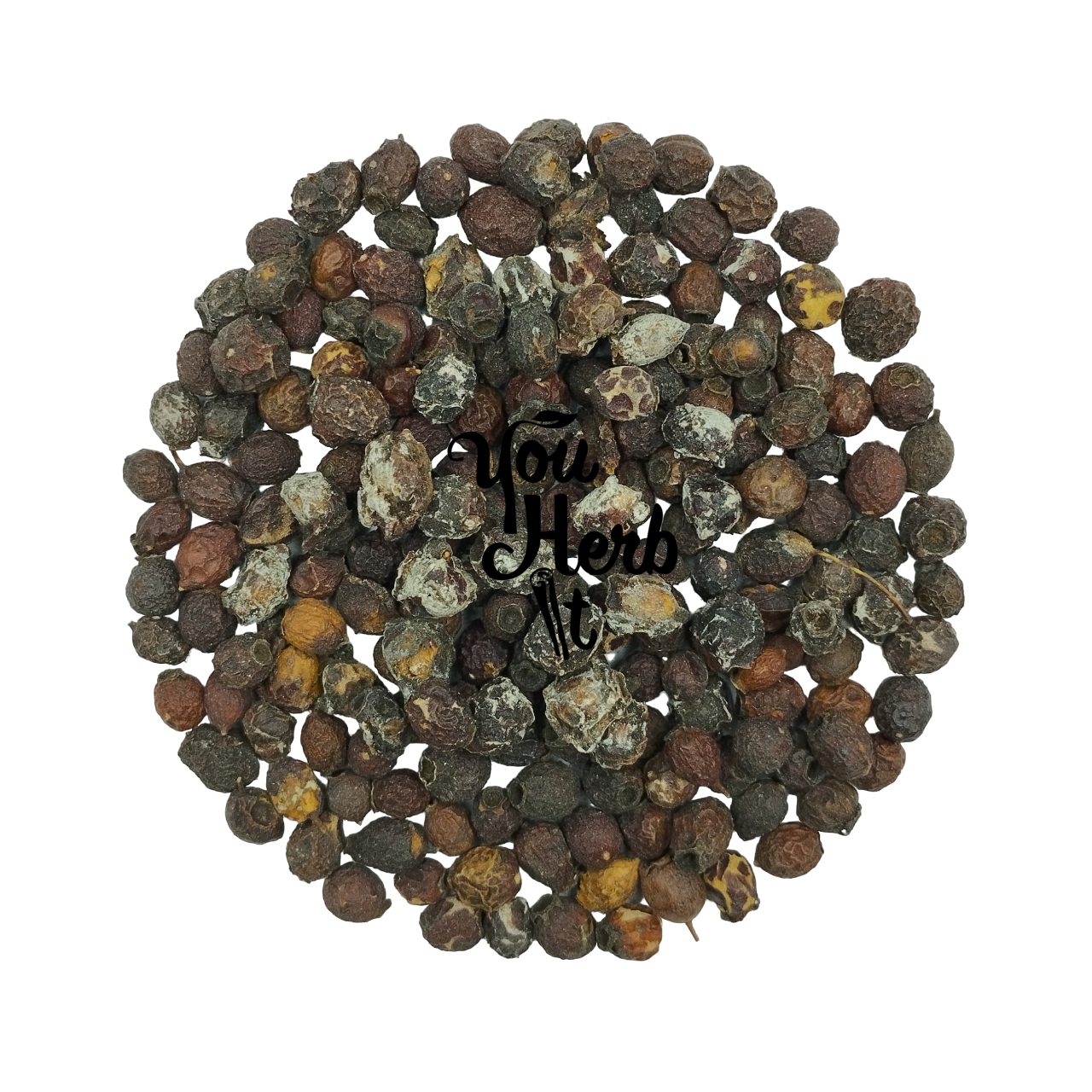




Reviews
There are no reviews yet.